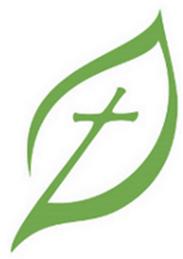RBC Planned Giving Options
This document is intended to highlight planned giving opportunities for church members to financially support our Church while also maximizing donor benefits. Planned giving helps secure our Church’s future by reducing risk, increasing congregational commitment and generosity, and celebrating an individual or family’s contributions to the church. As a donor, planned giving offers tax advantages and a path to creating a philanthropic legacy, even without having to give a large one time gift. There are numerous options that may be considered; however, the most popular methods are outlined below. If you are interested in learning more about any of these options, we encourage you to reach out to the RBC Finance Committee or to a local certified professional financial advisor.
|
*Disclaimer*All content within this brochure is for informational purposes only, you should not construe any such information or other material as legal, tax, investment, financial, or other advice. All content within this brochure is information of a general nature and does not address the circumstance of any particular individual or entity. You alone should assume responsibility in evaluating the merits and risk associated with the use of any information or other content in this brochure before making any decisions based on such information or content.
|


